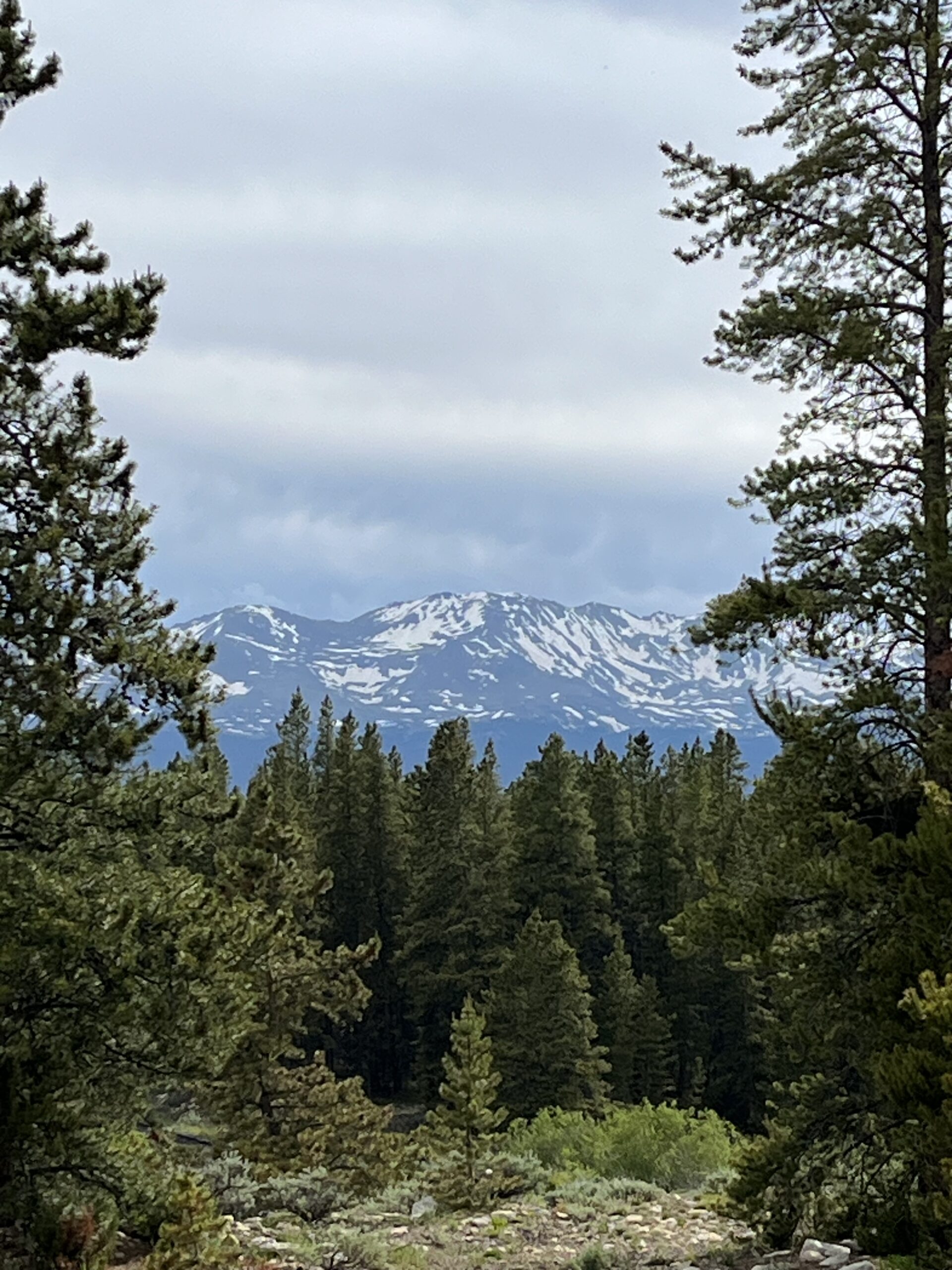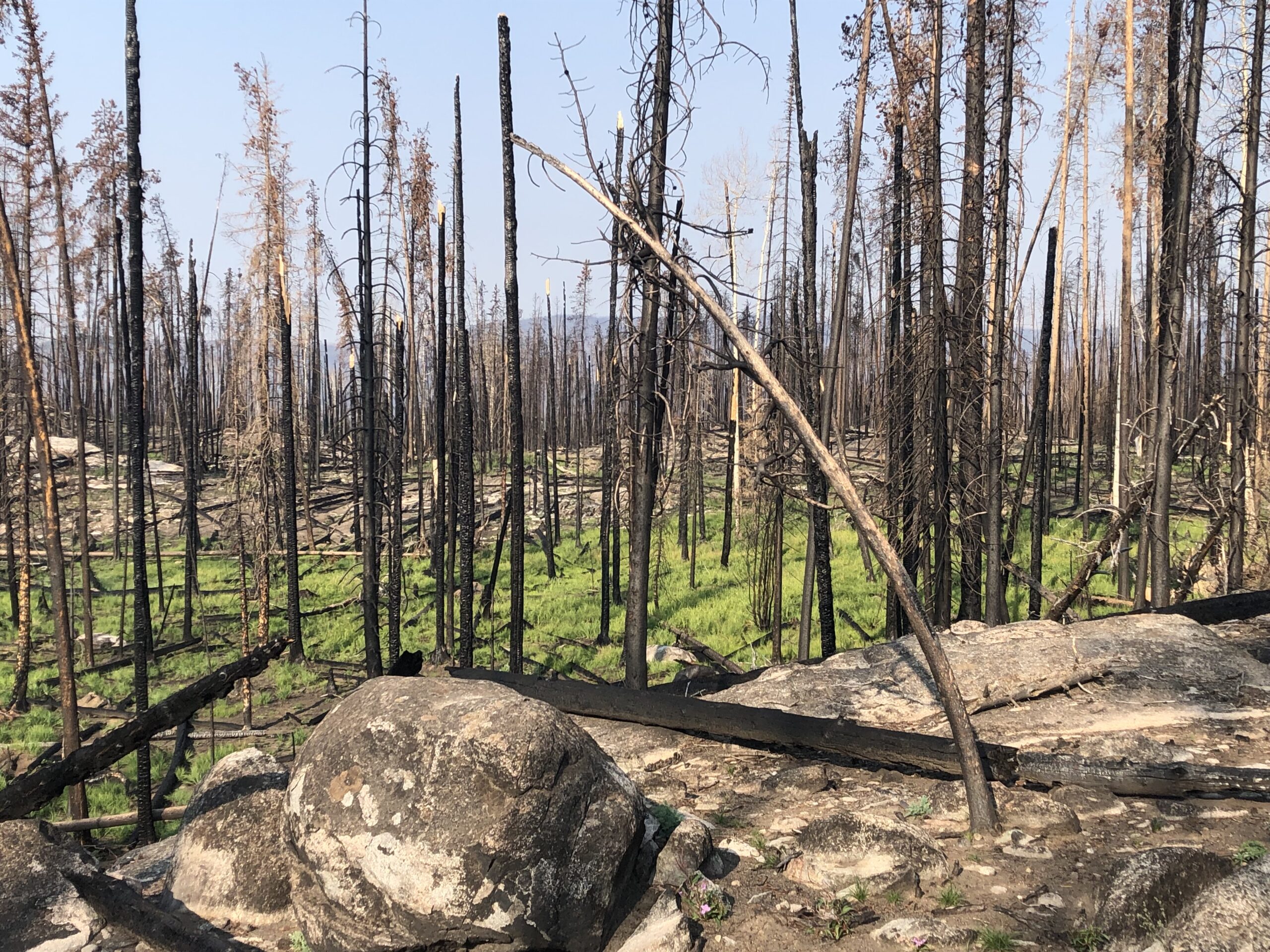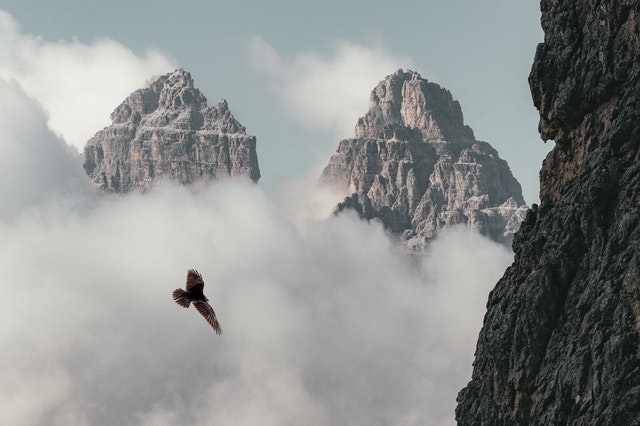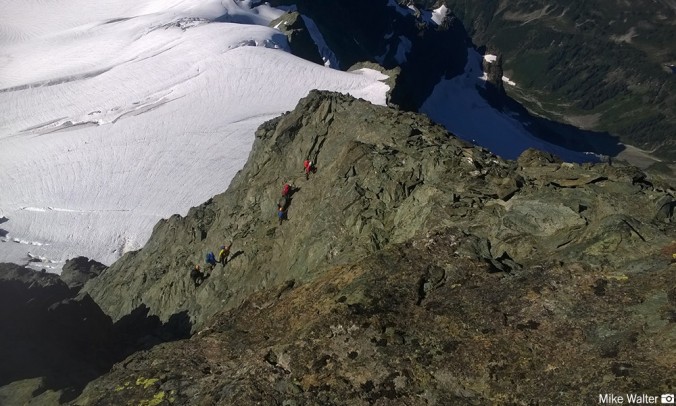I am sitting in a leather love seat looking out my sliding glass door at Mt. Elbert, one of Colorado’s 14,000-foot peaks. In the foreground, off my deck, hummingbirds flit around a birch tree’s branches looking, it seems to me, for the nectar that must have been provided by the previous tenant. I make a mental note that I need to hang a feeder.
I now live in Leadville, Colorado. At 10,150 feet it’s the highest incorporated town in the United States. I am here to be the pastor of St. George Episcopal Mission and grant-writer for their food ministry. It’s a part time job, that came with a substantial cut in pay, prestige, and church size. On a good Sunday we have 12 people in worship, but we feed 350 people a week through our community meals and provide food for about 4000 people a year through our onsite and mobile food pantry.
It’s a long way from my former life as lead pastor of First UMC of Arlington Heights. It took a 1100-mile drive, weeks of sorting and packing, interviews with the church and Episcopal Bishop, creating a budget spreadsheet to see if I could make the money work, and endless conversations with friends and advisors asking, “how crazy is this?” to get here.
For years, I’d been saying if I could do anything it would be move to the mountains and write. That desire showed up in conversations with friends, with my financial planner, with my spiritual director. But I couldn’t seem to make a move. It was like I was living in the dream where you want to run, but your legs are filled with concrete. I was stuck. Any move felt too risky. Would I make friends? How could I make it financially on my own. It’s embarrassing to admit now, but I thought the only way to live my dream was to find a husband who would support me.
When I turned 55, I remembered with a jolt that my father had been diagnosed with Alzheimer’s at 62. “I could have just 7 good years left.” Acquaintances in their mid-60’s had new health issues that derailed retirement plans. A couple odd results on routine screenings that turned out to be nothing serious My own body reminded me that there are no guarantees.
I stopped just wishing my life were different and began exploring options. The only thing I knew for sure was that I didn’t want to be the lead pastor of a large suburban congregation with a better view. I wanted spaciousness for a more expansive and creative life. I wanted a new adventure.
And Way opened. A friend’s Episcopal church in the mountains became open. Their Bishop said yes to a Methodist. The church could offer a slightly larger position for just enough more money. But Way didn’t just open in the world. It opened in me. I experienced a loosening of what I thought I needed. A growing willingness to take a risk. To embrace my life. To trust that I could be happy. That was the most remarkable work of God.








Recent Discussions